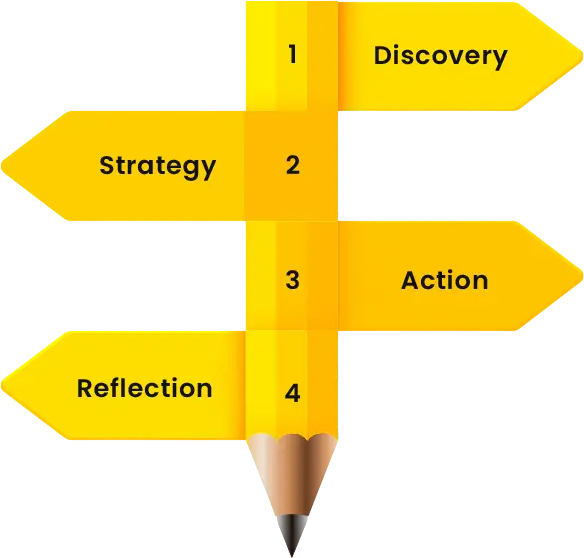Experiencing heartbreak and loss can be incredibly challenging, but it’s possible to heal and rebuild your life. In this blog post, we will explore practical steps to help you navigate the journey from heartbreak to healing. By focusing on emotional healing, self-care, self-reflection, finding purpose, and creating a new life after loss, you can move forward, reclaim happiness, and discover new possibilities.
Navigating the aftermath of heartbreak demands resilience and self-discovery. In this blog, we unravel effective strategies on how to get over heart break or how to recover from heartbreak, and rebuild a fulfilling life. Through intentional self-care, profound self-reflection, and purposeful living, you’ll discover the transformative path to recovering from heartbreak and embracing new possibilities.
Give yourself permission to grieve and process your emotions. Acknowledge your pain and allow yourself to experience the full range of emotions that come with heartbreak and loss. It’s a necessary part of the healing process.
Prioritize self-care to nurture your physical, emotional, and mental well-being. Engage in activities that bring you joy, relaxation, and comfort. Take care of yourself by getting enough rest, eating nourishing foods, and engaging in activities that promote self-care.
Reach out to trusted friends, family, or support groups who can provide a listening ear, understanding, and empathy. Share your feelings and experiences with others who have gone through similar situations. Their support can help you feel less alone and provide valuable insights.
Take time for self-reflection to gain insight into yourself, your values, and your aspirations. Reflect on the lessons learned from the experience and identify areas for personal growth. Self-reflection allows you to discover new perspectives and opportunities for healing.

Establish healthy boundaries to protect your well-being and honor your emotional needs. Learn to say no to situations or relationships that do not serve your healing process. Setting boundaries helps create space for healing and growth.
Explore activities, hobbies, or causes that bring you a sense of purpose and fulfillment. Engage in activities that align with your values and allow you to make a positive impact. Finding purpose after loss can help rebuild your life and provide a sense of direction.
Take this opportunity to reconnect with yourself and rediscover who you are as an individual. Engage in self-exploration, try new things, and embrace personal growth. Use this time to create a life that aligns with your true self.
Forgive yourself and others involved in the heartbreak or loss. Holding onto resentment and anger only prolongs the healing process. Forgiveness allows you to let go and move forward with a lighter heart.
Cultivate relationships with people who support your healing journey and uplift you. Surround yourself with positive influences who encourage your growth and well-being. Build a network of support that provides love, understanding, and encouragement.

Rebuilding your life after heartbreak and loss is a journey that requires time, patience, and self-compassion. By allowing yourself to grieve, practicing self-care, seeking support, engaging in self-reflection, finding purpose, and surrounding yourself with positive relationships, you can heal and create a new life filled with joy, meaning, and resilience. Embrace the journey of healing and know that brighter days are ahead.
Overcoming trauma and abuse requires courage, support, and resilience. By acknowledging and validating your experience, seeking professional help, practicing self-care, establishing boundaries, engaging in self-reflection, connecting with support, and embracing personal growth, you can navigate the journey of healing and build resilience. Remember, you are not alone, and with time and self-compassion, you can heal and create a life of strength and empowerment.

Colloboration Inquiries:
What’s The Fear LLC is an active member of the community and wants to help promote and participate in impactful projects.
Client Support:
What’s The Fear LLC is dedicated to responding to your questions, concerns and feedback in a timely manner.
Copyright © 2024 WhatsTheFear LLC | Unlimited Personal Growth